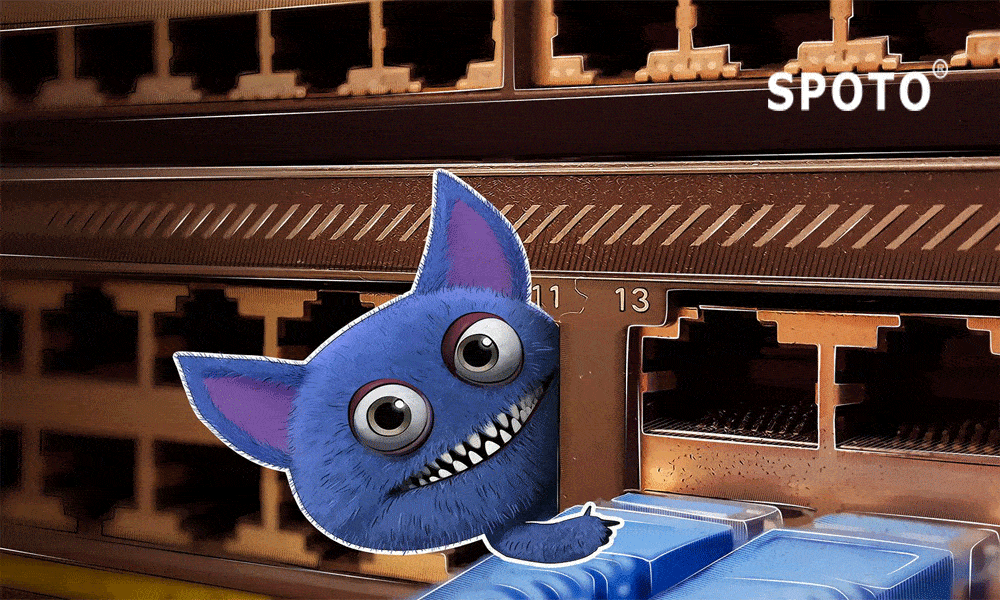Demystifying the Cisco Certified Internetwork Expert (CCIE) Certification

Table of Contents
In the realm of IT certifications, the Cisco Certified Internetwork Expert (CCIE) stands out as a highly prestigious and sought-after credential. This certification is part of Cisco's comprehensive certification program, which includes the entry-level Cisco Certified Network Associate (CCNA) and the intermediate-level Cisco Certified Network Professional (CCNP).
The CCIE certification is widely regarded as the highest level of accreditation offered by Cisco, representing an expert-level understanding of networking concepts and technologies. Obtaining this certification is a challenging endeavor that typically requires 3 to 5 years of dedicated study and hands-on experience, following Cisco's recommended curriculum.
While some individuals may attempt to bypass the rigorous preparation process by relying solely on exam question banks, it is essential to recognize the depth of knowledge and practical expertise required to truly earn the CCIE certification.
Significance of the CCIE Certification:
1. Academic Perspective: The CCIE certification can be roughly equated to a graduate-level degree in computer science with a specialization in networking. However, it is essential to note that graduate studies encompass a broader range of subjects beyond just networking.
2. Professional Relevance: For individuals with an educational background below the graduate level, obtaining the CCIE certification can hold significant value in terms of enhancing their professional credentials and expertise in networking technologies.
Practical Application in the Workforce:
While the CCIE certification undoubtedly demonstrates a comprehensive understanding of networking concepts, it is essential to recognize that practical work experience often requires knowledge and skills that extend beyond the scope of any single certification.
In real-world scenarios, professionals encounter complex challenges that demand a combination of technical expertise, problem-solving abilities, and a comprehensive understanding of various systems and architectures. For example, optimizing a firewall's TCP fragment reassembly module may initially appear to require only knowledge of C programming language and TCP/IP protocols. However, it often involves a deep understanding of software interfaces, firewall forwarding concepts, system architecture, performance tuning tools, and more.
Continuous Learning and Growth:
The journey of learning in the IT industry is an ongoing process, and the CCIE certification should be viewed as a milestone rather than a final destination. Professionals must continually adapt to new technologies, update their skills, and stay abreast of industry developments to remain relevant and effective in their roles.
Regardless of certifications or educational backgrounds, successful IT professionals must cultivate a mindset of lifelong learning, perseverance, and a willingness to explore and understand new concepts and technologies as they emerge.
While the CCIE certification holds significant value and demonstrates a high level of networking expertise, it is essential to recognize that practical experience, continuous learning, and a broad understanding of various IT domains are equally crucial for success in the ever-evolving technology landscape.
- What Could You Do to Pass the CCIE Routing and Switching Lab?
- Cisco Announces Exam Fee Changes Including CCNP Certification Cost
- What could I do to pass the CCIE routing and switching lab?
- From where could I get dumps for the CCIE SP written exam?
- Is The CCIE Certification Still Valid In Today's IT World?.